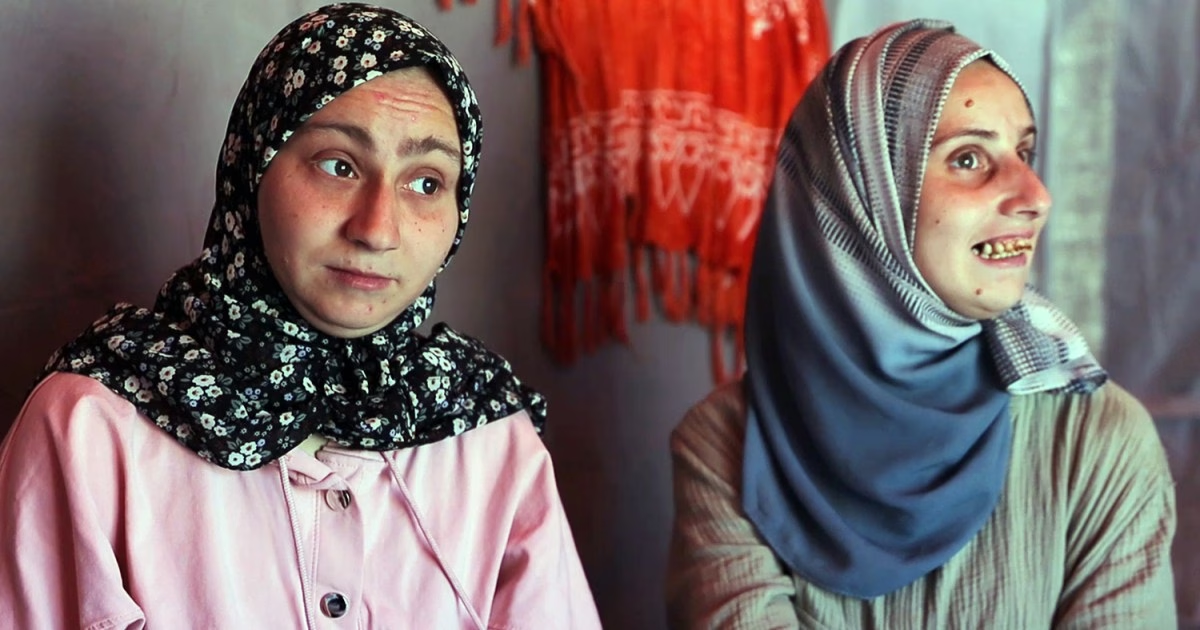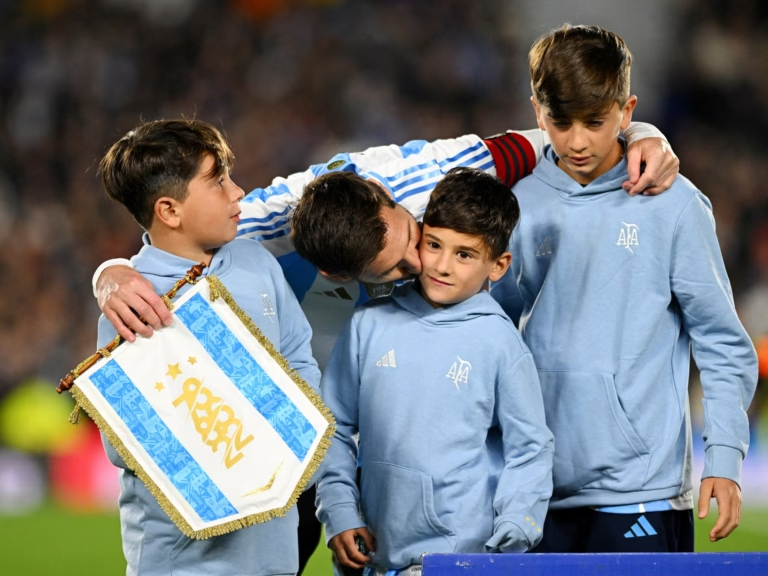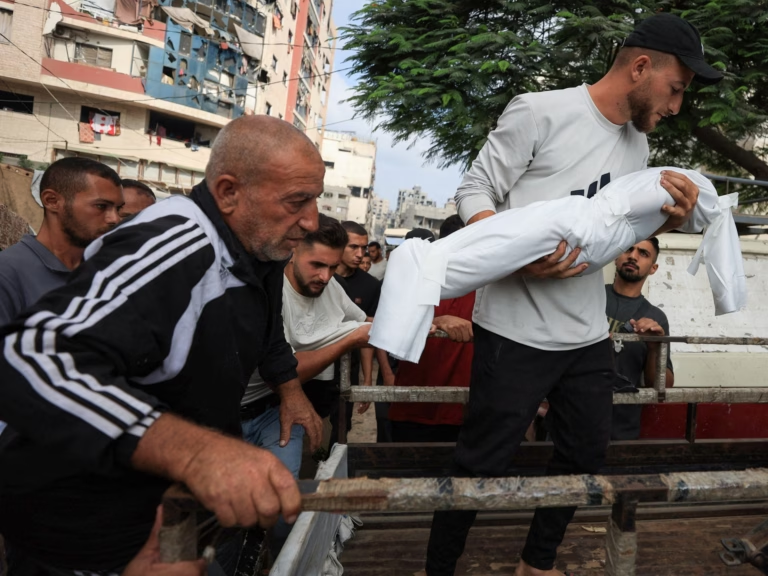Located in the crowded Shati refugee camp in Gaza, 30-year-old Raneem Abu Al-Eish takes care of her two sisters, Aseel, 51, and Afaf, 33, inside a tent that becomes unbearably hot during the day and cold at night. Aseel and Afaf, who have celiac disease and intellectual disabilities, struggle to communicate and are often overwhelmed by their environment, leading Raneem to describe their condition as bearing similarities to Tourette syndrome. The cramped tent houses seven family members, including their elderly parents and another sister with her husband. Raneem’s mother is frail, and her father is still recovering from an injury sustained during Israel’s military operations in Gaza, forcing Raneem to manage the family’s care by herself.
Before moving to their current location, the family lived in Jabalia camp’s Block 2 until their home was destroyed by Israeli forces eight months ago. Since then, they have been temporarily relocating from relative’s homes to makeshift shelters, and finally to an overcrowded United Nations school.
The lack of privacy and dignity in their living situation is exacerbated by the daily bullying that Aseel and Afaf experience due to their conditions. Public restroom visits are particularly humiliating, with onlookers often laughing and making cruel remarks, causing significant distress to the sisters.
In a further blow to the family, Raneem’s 22-year-old brother, Mohammad, who was responsible for obtaining medicine and interacting with aid agencies, was detained by Israeli forces six months ago while receiving treatment for a hand injury at Kamal Adwan Hospital. His absence has intensified their struggles, as Raneem now faces significant challenges in securing food and medical care for her sisters.
Celiac disease requires a diet free from gluten; however, in Gaza, where food options are limited primarily to wheat-flour bread containing gluten, Raneem struggles to provide her sisters with the necessary nutrition. Worsening their plight is the scarcity of gluten-free flour, with only a minimal fraction of the 80 tonnes delivered to Gaza actually reaching the family due to various obstacles.
Before the war, the sisters received routine medical care at Kamal Adwan Hospital, including special diets, medication, and therapy. However, with the current state of affairs, these needs are nearly impossible to meet. Dr. Sara al-Wahidi, a psychological specialist, points out how the war has exacerbated the marginalization of individuals with disabilities in Gaza, with many experiencing separation from their families and facing difficulties in accessing facilities that cater to their needs.
Raneem fights not only the physical and emotional toll of war but also the social stigma and lack of understanding from the community. Despite her efforts to educate and seek support, misunderstandings persist. There are occasional respite visits to the tents of community elders, but the lack of consistent medical and social support is a constant battle.
In light of continuous displacement and the challenge of starting anew with each relocation, Raneem urges for greater empathy towards her sisters and the vulnerable populations like them who have been forgotten amidst the chaos of war.
Source: https://www.aljazeera.com/features/2025/6/3/disability-deepens-gaza-sisters-struggle-amid-israels-war?traffic_source=rss







